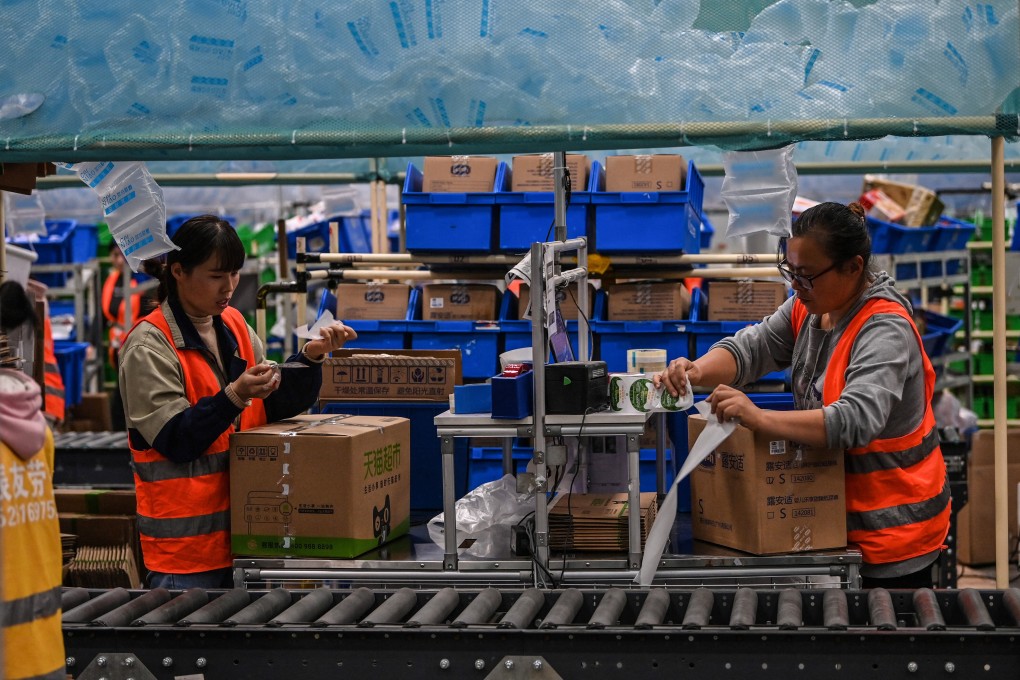China’s antitrust watchdog deputises new sheriffs to rein in Wild West of online commerce
- While China has had an unfair competition law on the books since 1993 – which was updated in 2019 – the market regulator had largely refrained from applying it to online commerce
- Under the proposed new rules, internet platforms are not allowed to use data and algorithms to boost web traffic or affect user choices

The sheriff overseeing China’s Wild West of online commerce plans to appoint lots of new deputies to help it crack down on dubious internet activity ranging from fake reviews to inflated sales.
While China has had an unfair competition law on the books since 1993 – which was updated in 2019 – the market regulator had largely refrained from applying it to online commerce. In the southern province of Guangdong, for instance, the local market regulation authority investigated 351 cases of unfair competition in 2020, but only three were internet-related.
Meanwhile, SAMR has been trying to incorporate the draft rules into the existing law after the Chinese leadership called for fairer competition and an end to “irrational expansion” of capital in November 2020.
At the end of July, the watchdog announced the first two batches of 20 “typical cases” of unfair online competition, in which it punished and fined companies for activities such as paying customers to write favourable product reviews.
The draft regulations, currently available for public feedback, would grant SAMR’s provincial and municipal bureaus the power to investigate and punish such activities.